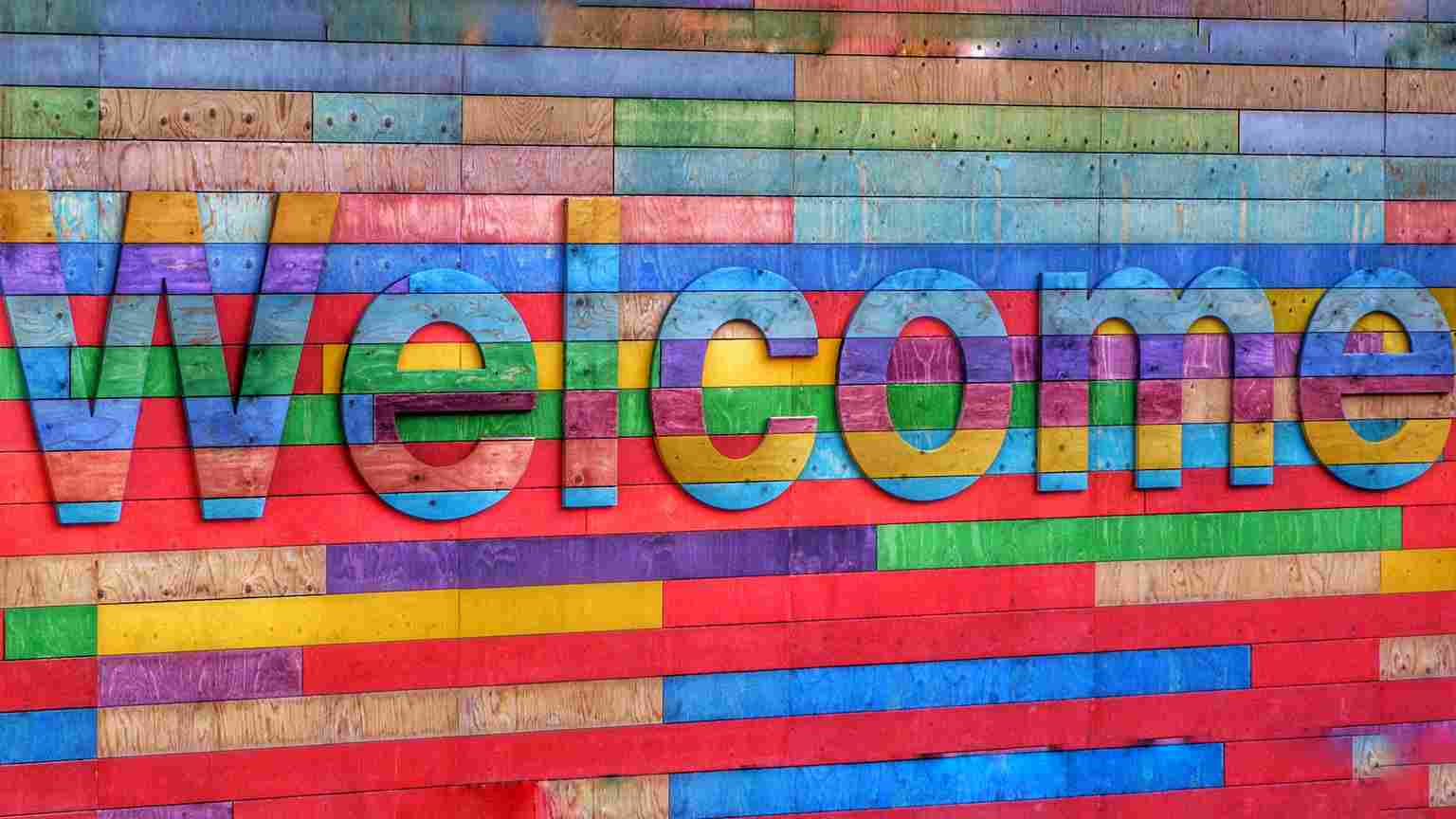What is diversity, equity, and inclusion (DEI)?
DefinitionThe term diversity, equity, and inclusion (DEI) in the workplace refers to all company policies, campaigns, and programs that help build and promote a workforce and team culture that follows these three principles.
Definition of diversity, equity, and inclusion
Diversity, equity, and inclusion (DEI) is an umbrella term used to define and refer to workplace initiatives, policies, and practices aimed at building a more diverse, equitable, and inclusive workforce.
As the term combines three related yet different concepts, the meaning of DEI is actually made up of three separate definitions:
The meaning of diversity
Diversity refers to differences between things or people. In the context of the workplace and people in general, diversity is about differences in certain characteristics or elements, such as gender, age, ethnicity, physical ability, sexual orientation, or religion.
Promoting diversity in the workplace means actively fostering a company culture defined by mutual acceptance and respect in which differences are not just recognised but celebrated. Effective promotion of this ethos runs through all parts and processes of the organisation, from the employee benefits that are offered to defining a strategy aimed at recruiting for diversity.
The meaning of equity
Equity concerns the fair and just treatment of different groups or individuals based on their circumstances and background. It’s aimed at giving everyone both the opportunity and the necessary means to achieve the same result.
Equity vs. equality
Note that although often used interchangeably, equity and equality don’t share the same meaning. Here is the difference:
Equality means that everyone has equal access to opportunities and is treated equally by others, regardless of their background (e.g., social, demographic, economic, or ethnic). For example, everyone can apply for the same job on LinkedIn and each application will be equally considered, regardless of the person’s background.
Although also important, equality alone is not enough because it does not equate to equity. Meaning, although technically the same opportunities are given to everyone, some will still be more disadvantaged than others.
For example, someone from a poorer economic background might not have the financial resources to buy a LinkedIn premium account whereas a richer candidate does, giving the latter an unfair advantage over the former.
Equity is about solving this imbalance by providing everyone with fair and just chances to succeed. It goes beyond giving access to opportunities and strives to treat people justly based on their personal circumstances.
The meaning of inclusion
Inclusion refers to being open, welcoming, and accommodating to all individuals and ensuring that everyone shares the same sense of belonging. It’s about promoting participation and equal representation for everyone to create an environment where everyone is included, valued, and safe.
Inclusion in the workplace is fostered by creating a psychologically safe environment for all team members.
Why is diversity, equity, and inclusion in the workplace important?
In a nutshell, the goal of DEI promotion in the workplace is to move away from the dominant team composition of societally privileged individuals that share similar backgrounds and characteristics. To summarise it with a common phrase used in this context, it means to move away from the “male, pale, and stale”.
Instead, DEI efforts are aimed at building a diverse workforce where people share equal opportunities, reach equitable goals, and everyone feels included and is received with the same openness.
From a business perspective, the importance of DEI goes beyond doing the right thing. It also provides proven benefits for your organisation.
Top five reasons why DEI in the workplace is important:
- Growth in revenue: To highlight merely one of many studies on the subject, a McKinsey & Company research found a direct correlation between diversity in a team and its financial performance.
- Increased team innovation: Different backgrounds and perspectives result in a wider variety of ideas being brought to the table. Research shows this leads to more innovative teams that outperform less diverse teams.
- Improved employer branding: By building a diverse and inclusive workforce, you make a clear statement about your company’s values. It shows you care about DEI and building a better labour market for all by owning up to your corporate responsibility. This will help improve your employer branding.
- Better talent attraction: The better your company’s public image, the easier it’ll be to attract top talent. Studies have shown that Millennial and Gen Z professionals will check the diversity and inclusion of your team, before they consider a job at your company.
- Doing the right thing: We mentioned it before, but it can’t be stressed enough. Diversity, equity, and inclusion should always be driven by a true belief that this is the right thing to do. If a company only works on DEI to tick some boxes, their disingenuity will catch up to them in the end.
Creating a workplace that not only incorporates but truly lives and breathes the DEI ethos is not easy. It’s an ongoing process that should be considered in every process and policy you create and every decision you make.
That is why we, JOIN’s editorial team, keep writing new articles around this important topic. This way, we hope to help and guide you in building a diverse, equitable, and inclusive workplace.


